Up in a small northern Israeli town, a startup is growing fields of genetically engineered wheat that can withstand the challenges of climate change – but it’s not cultivating the grain for food.
The specialized seeds yield wheat with thicker and larger stalks that are being used to create biodegradable yet durable drinking straws.
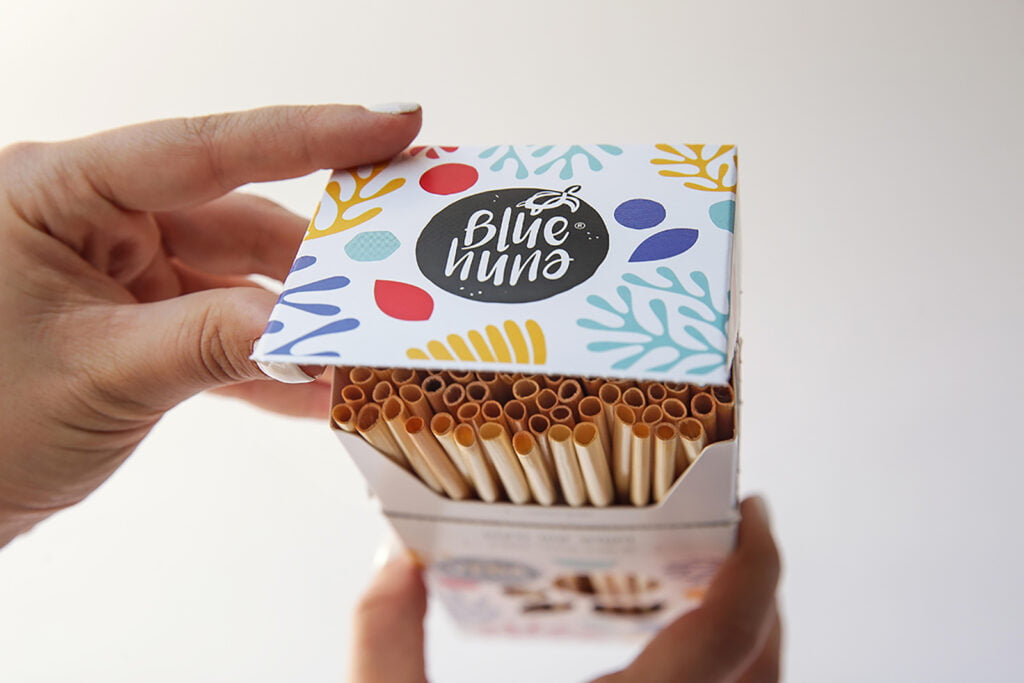
Blue Huna’s straws are made of just one ingredient – actual straw – and according to the company need just cutting and cleaning before they can be packaged and sold to customers.
But simply planting the genetically modified seeds is not enough, Blue Huna CEO Klil Benyamini Shir tells NoCamels. The company’s treatment method and knowhow are also vital to ensuring that the stalks grow thicker, stronger, and wider than the average wheat crop.
The startup has now finished gathering its first harvest, from which it says it will be able to produce about one million straws.

Blue Huna bought the rights to the wheat strain from Dr. Roi Ben David, a winter cereals researcher at the Volcani Institute, Israel’s national agricultural research center, who developed it over the course of four years.
Benyamini Shir and her husband, Yinon, have also developed a prototype of a new wheat combine harvester.
These pieces of agricultural machinery normally cut the crops and beat them to shake the grains away from the unwanted stalks, which are discarded through the back of the harvester.
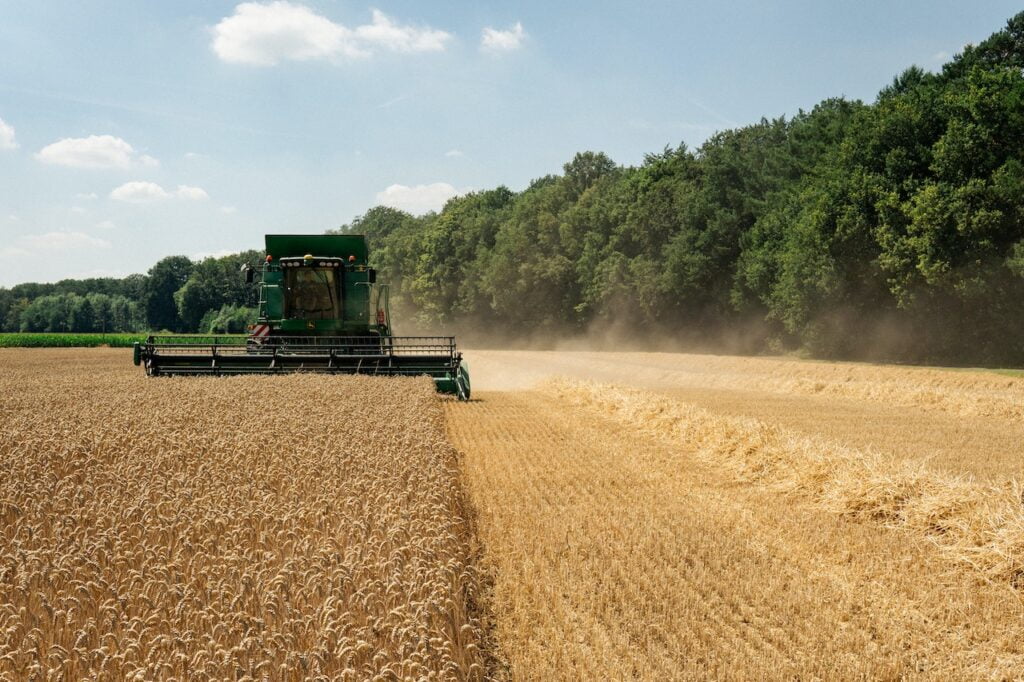
This process crushes the straw stalks, which, according to Klil, aren’t really needed, let alone whole.
The couple’s wheat combine harvester, on the other hand, will be able to harvest both the grains and the stalks in their entirety.
“We’re aiming to use it between next March and June, which is harvest time,” she explains.
After piloting its first batch of straws, the company will start selling farmers a kit that includes their strain of wheat, the knowhow for growing it, and the machinery to harvest the grain and the straw.
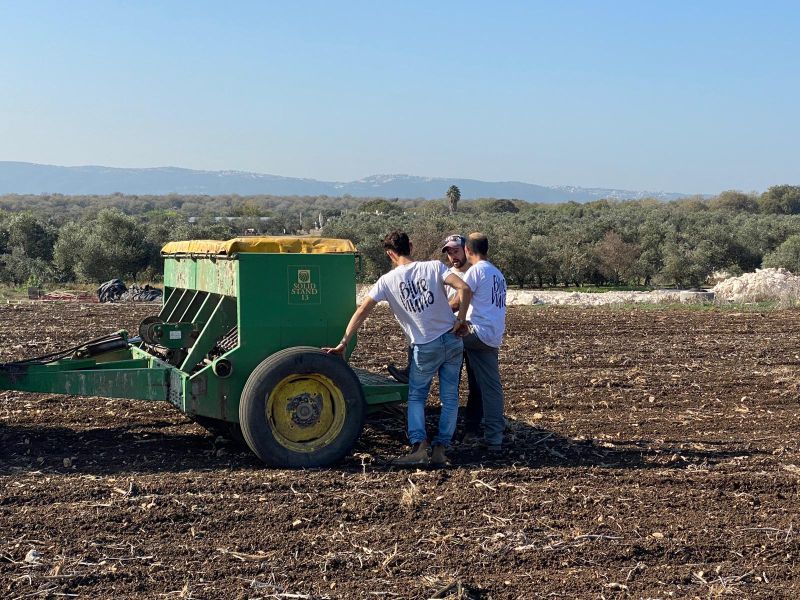
The straws will be given back to Blue Huna, which will sell them to the consumer.
“They’ll make more profit out of the same land. So ultimately, it really helps the farmers as well,” says Yinon of the plan.
The drinking straws that are to be produced will have a diameter of six to 11 millimeters. Other biodegradable drinking straws, says Yinon, have a diameter of four millimeters at most, and are not as thick or as strong.
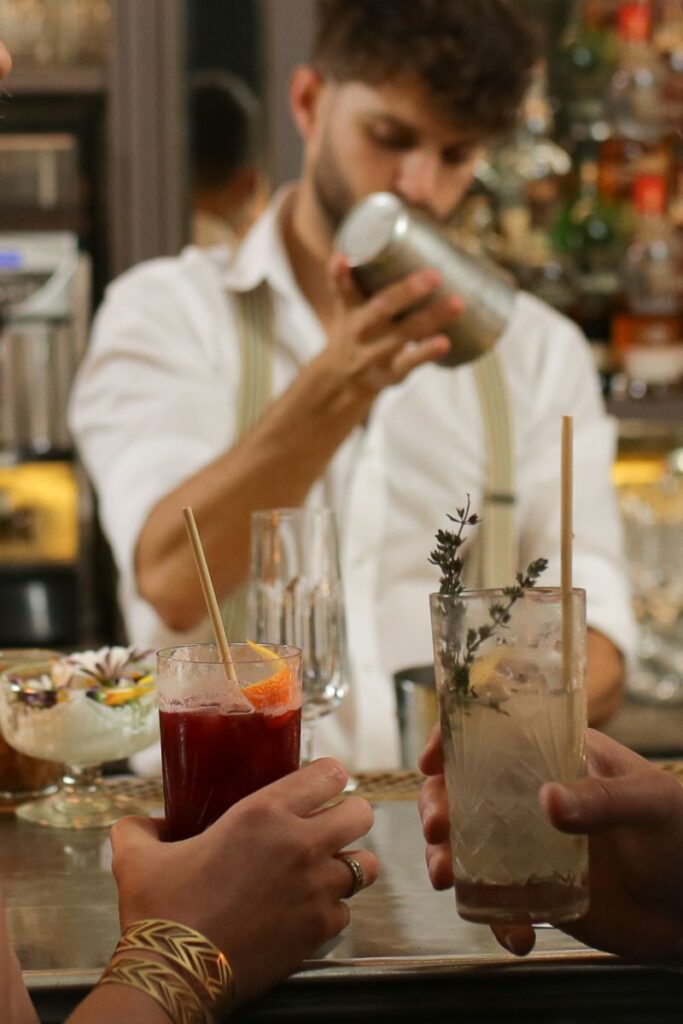
The startup also says that its straws are cheaper than its competitors. A Blue Huna straw costs eight agorot (approx. 3.5 cents), while a paper or bioplastic (PLA) straw made from plant-based materials costs 10 to 12 agorot.
Sign up for our free weekly newsletter
SubscribeThe Tip Of The Plastic Mountain
Prior to founding Blue Huna in 2019, the couple worked together as part of the international sales team at a global diamond company – and while traveling for business to resort destinations such as the Bahamas and Saint Lucia, they came face-to-face with the global problem of plastic waste.
“Anywhere we were around the world, we encountered the plastic crisis – just huge volumes of plastic that I think the general public isn’t aware of,” says Yinon. “When you really live next to it, you have to ask yourself, ‘oh my god, what are we doing?’”
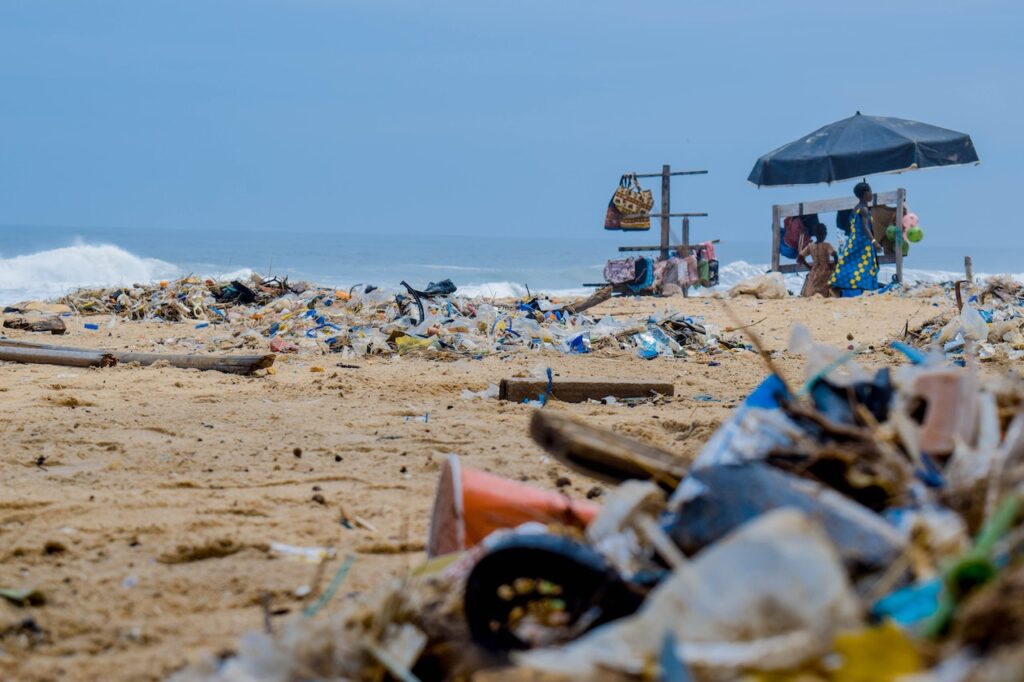
The pair soon discovered biodegradable straws made out of wheat stalks, which were already being manufactured in Asian countries such as Japan and China. They wondered why Israel wasn’t selling such a product, especially given that every kilometer of the country’s coastline accumulates 21kg (46lbs) of marine plastics each day, according to the Arava Institute for Environmental Studies.
Plastic waste makes up nearly half (41.1 percent) of Israel’s solid waste composition by volume – and the country only recycles six percent of that. And the problem is not just an Israeli one.
The World Wildlife Fund warned in 2022 that as much as 23 million tons of plastic waste is washed into the world’s waterways every year, most of it from single-use products. And scientists say that at least 427 million plastic straws are polluting coastlines around the world.
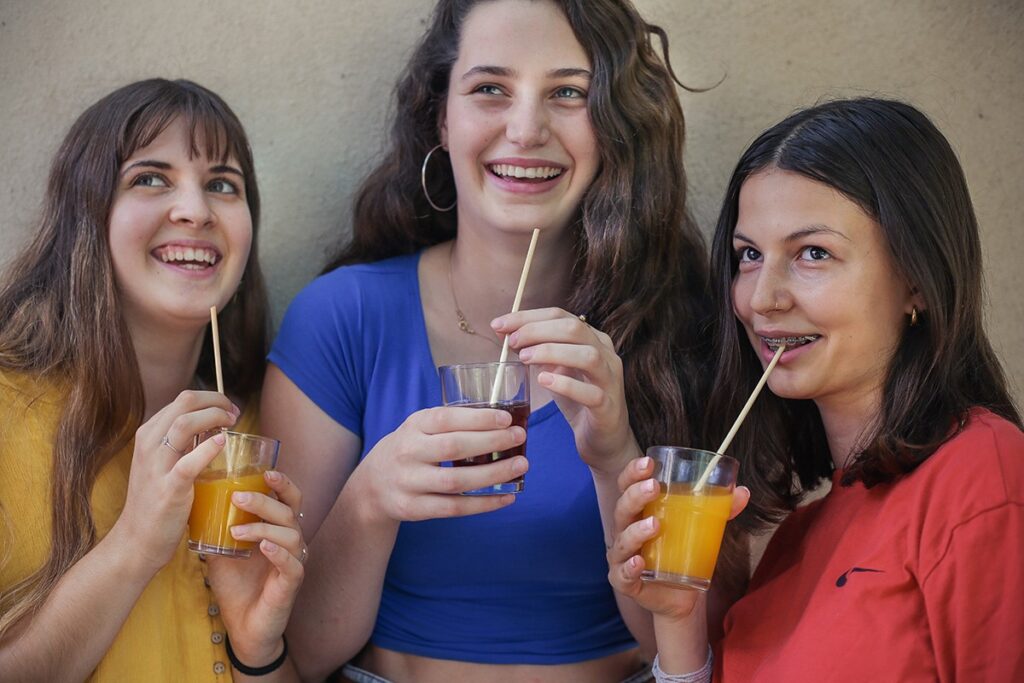
Blue Huna started importing the eco-friendly straws from producers in Asia and Europe and selling it to Israeli cafes and restaurants – but customers told them that the price was too high, and that it wasn’t wide enough to hold all beverages.
The startup, which is based in Misgav, northern Israel, says its new home-grown straws will address these issues.
Many other Israeli startups, concerned with the worsening state of the environment, have come up with innovative solutions to tackle the plastic problem as well.
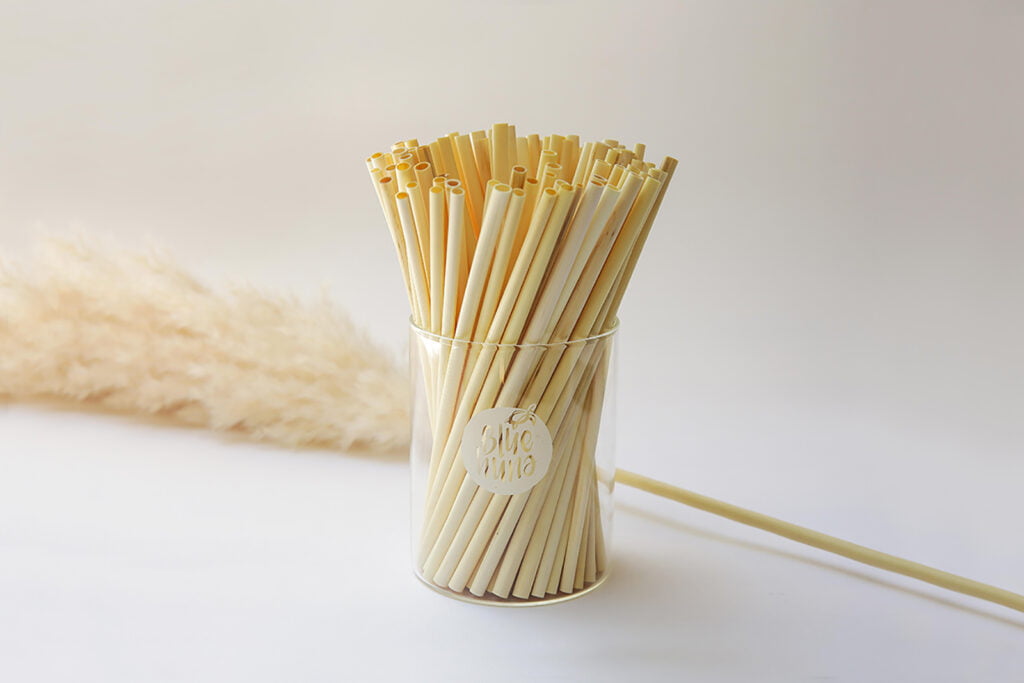
TIPA has developed compostable plastic packaging that rivals conventional plastic in elasticity and durability and is already being used by food and clothes retailers; W-Cycle creates biodegradable trays for the food industry that can compete with single-use plastics; and UBQ Materials converts unsorted household waste into a fully recyclable thermoplastic substitute, which is already being used to make hangers, shopping carts, bins, furniture, and more.
Blue Huna has raised $500,000 in grants from the Israel Innovation Authority, the Jewish National Fund, and others, and has also received some capital from angel investors.
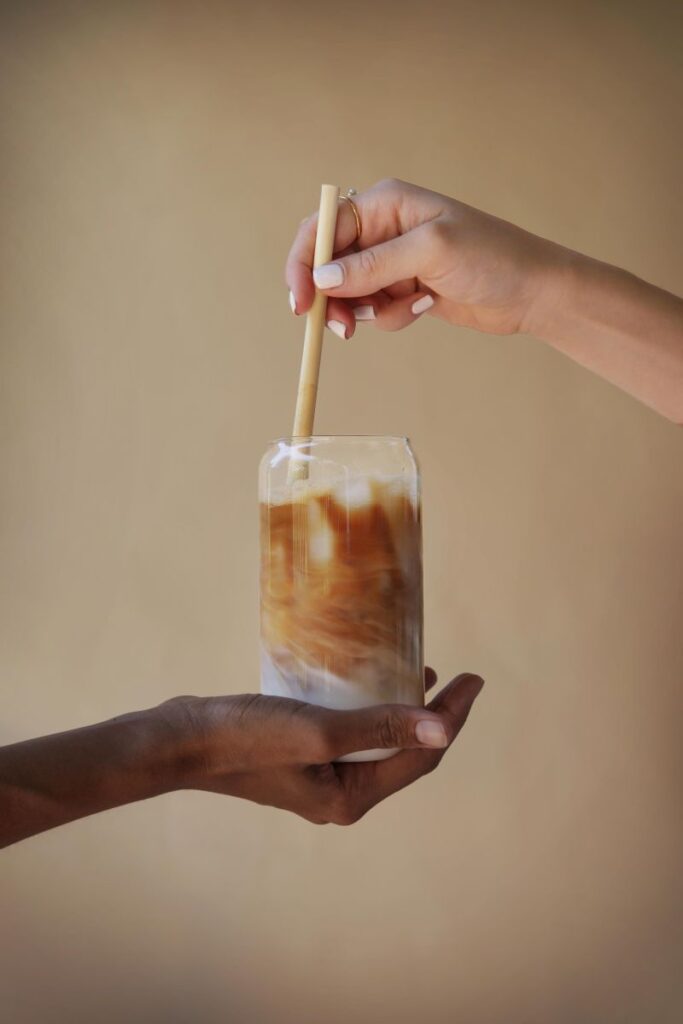
It is also one of 40 startups chosen by Margalit Startup City Galil, which accelerates the business development of innovative foodtech and agritech companies in northern Israel.
And according to Klil, this innovation is only the beginning of their plans for sustainable materials. Blue Huna now has set its sights on a global market, and intends to expand overseas by 2024.
“Our aim is to solve the plastic straw problem, and afterwards, we will develop more technologies and applications that will ease the single-use plastic problem,” she says.
“We do believe that we can make some sort of impact on this world.”
Related posts

Harnessing Our Own Bodies For Side Effect-Free Weight Loss

Israeli Device Is New, Drug-Free Solution For Men Coping With ED


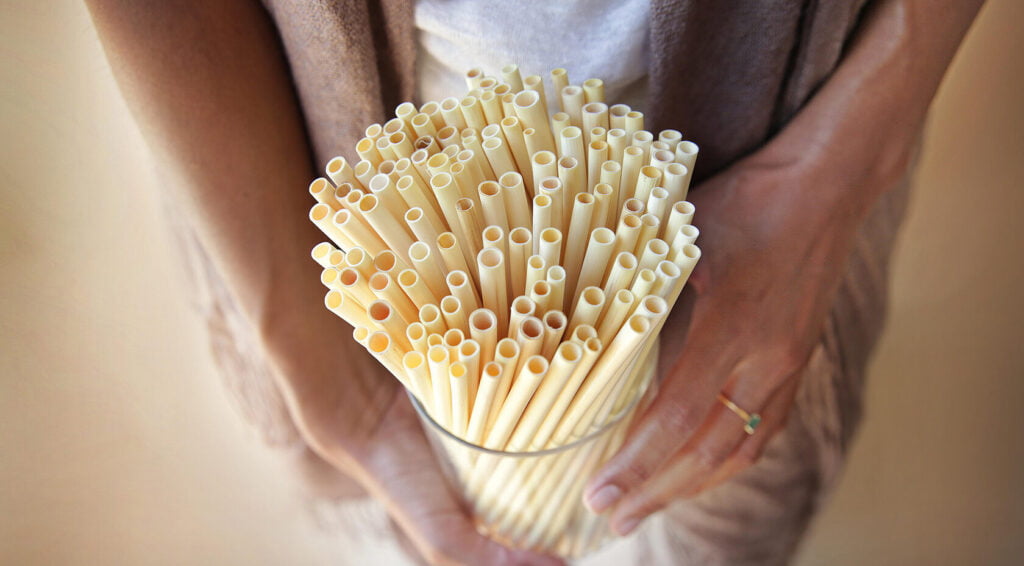


Facebook comments